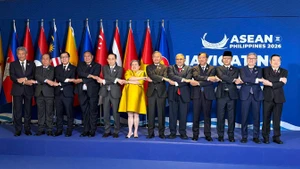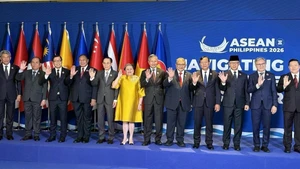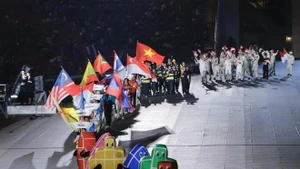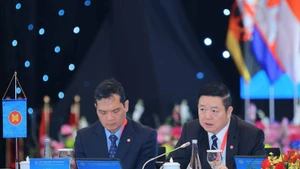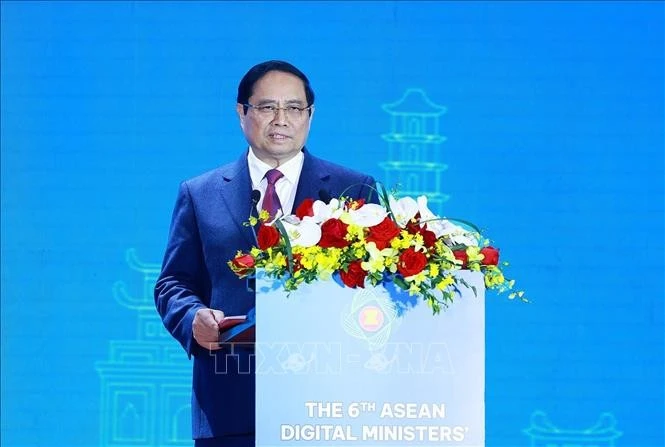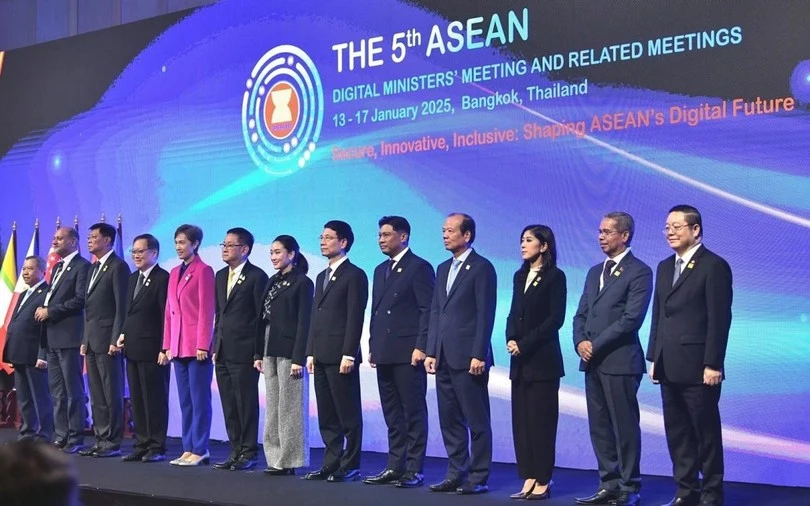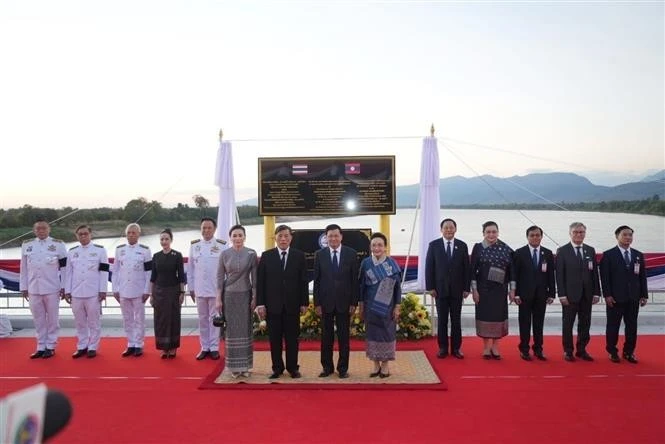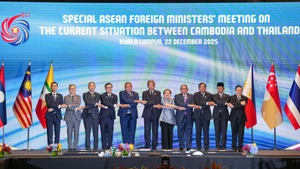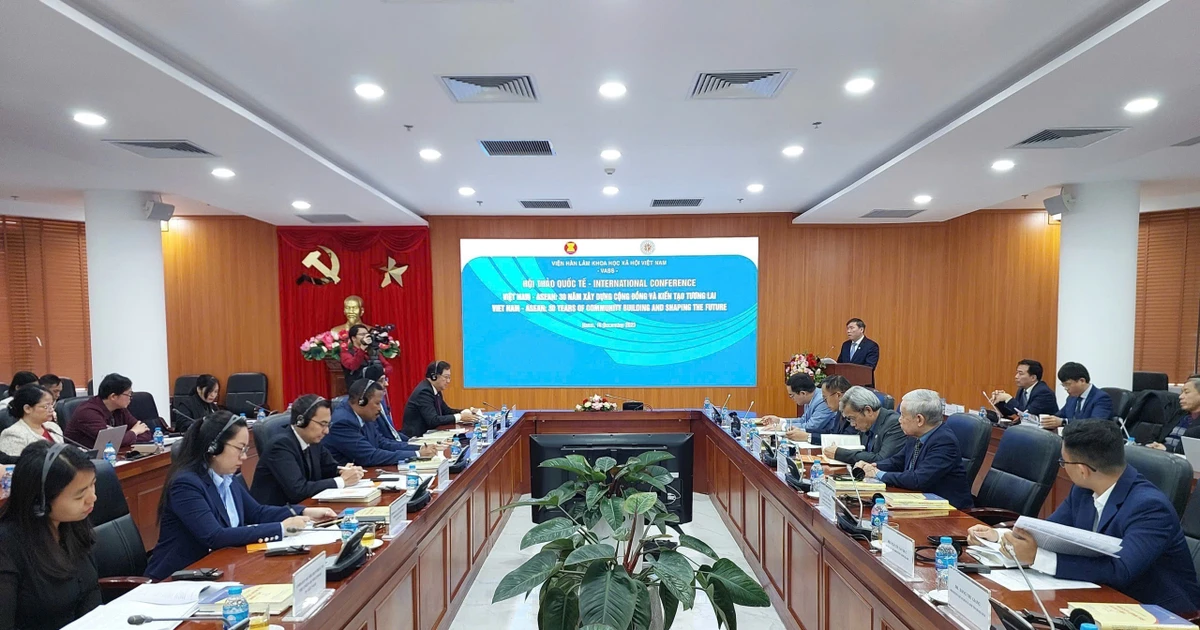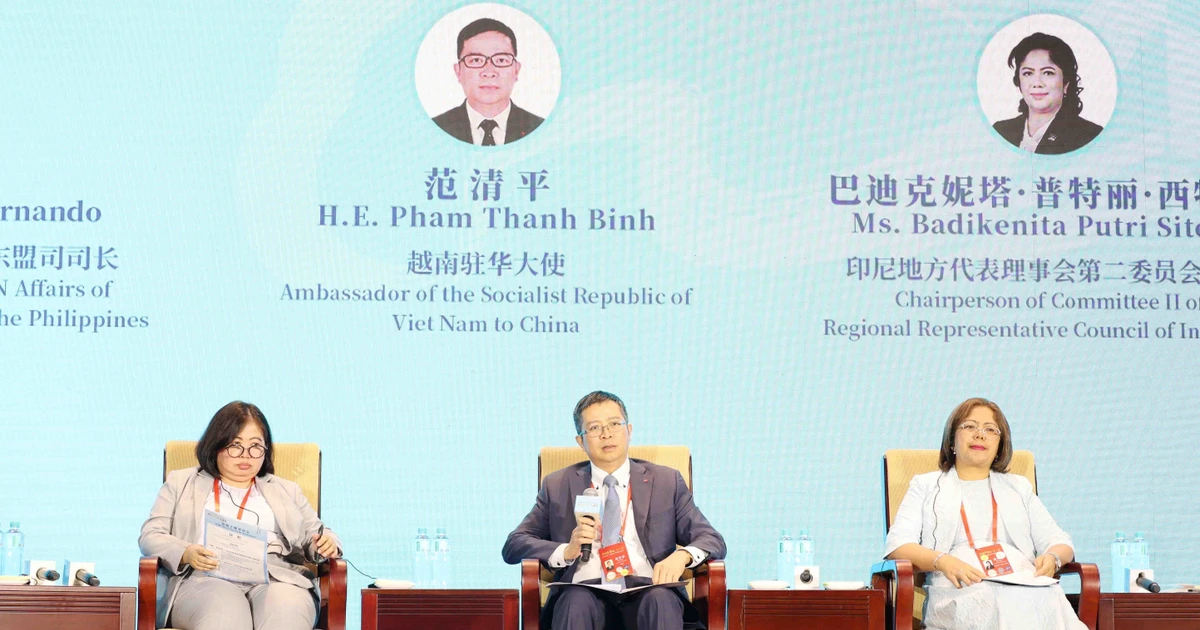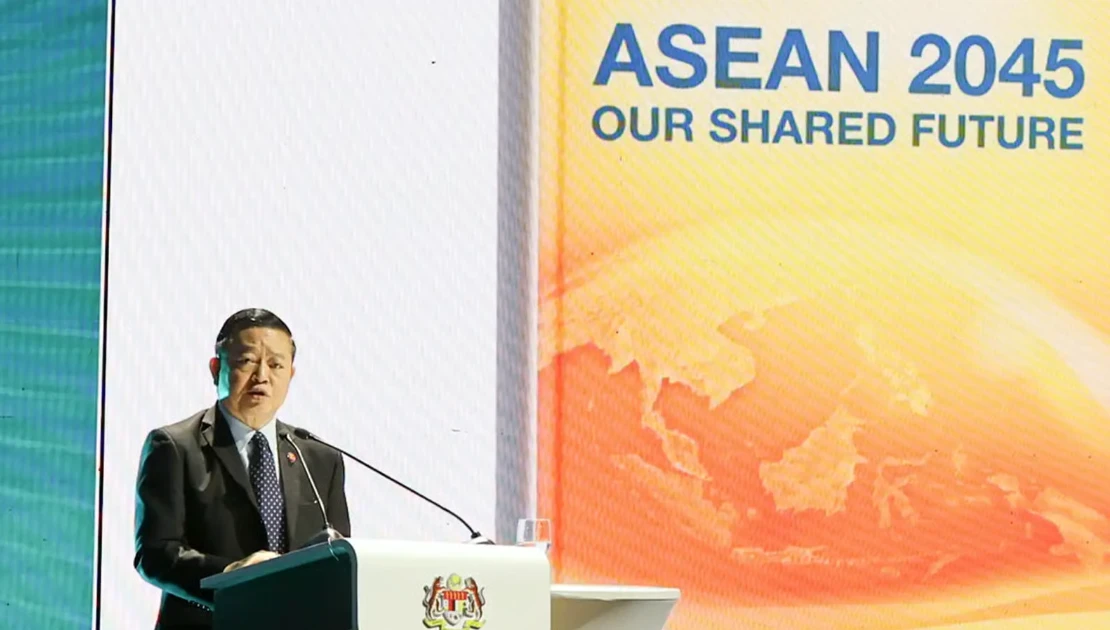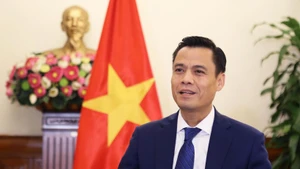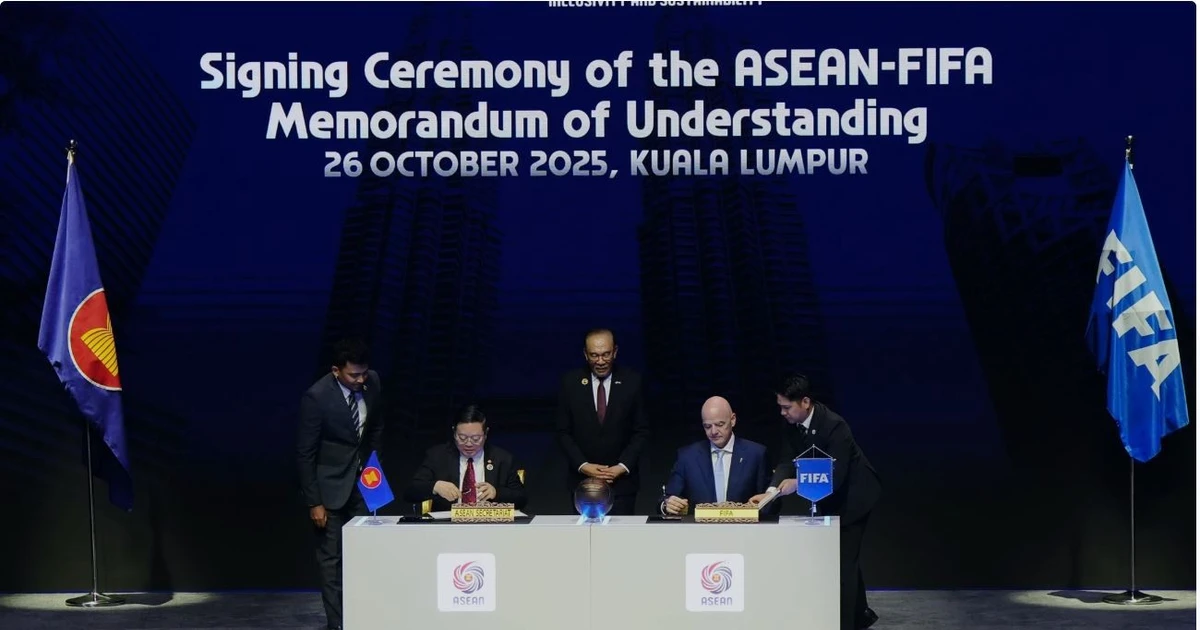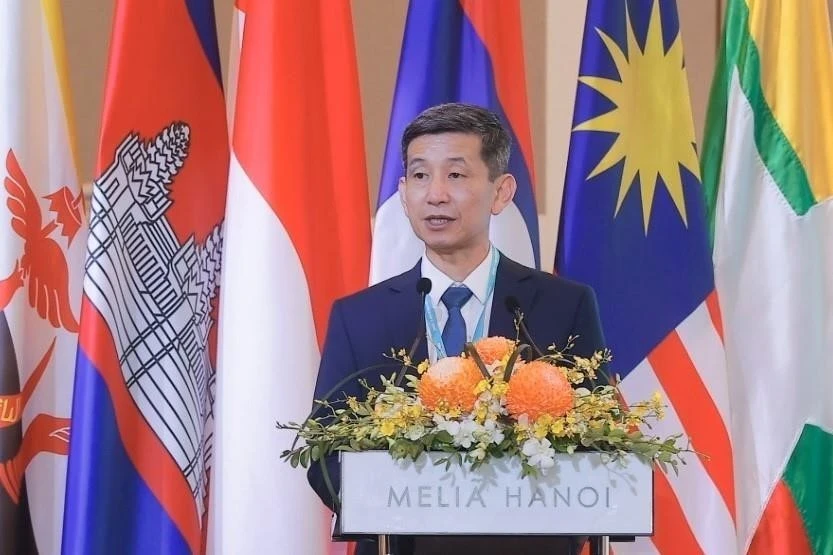The declaration was released at the ASEAN - Australia Special Summit marking 50 years since Australia became ASEAN's first Dialogue Partner, which has freshly concluded in Melbourne.
The leaders committed to working together to address shared challenges while embracing opportunities that will benefit all who live in our region.
PM Albanese and the ASEAN leaders set out the next 50 years of their enduring partnership to promote an open, inclusive and transparent region with ASEAN at the centre.
They sketched out their shared aspirations for the region's future, committing to work together to contribute to the maintenance of peace and stability, as well as enhance cooperation for sustainable development and prosperity in the region. They identified areas of practical cooperation for the future, ranging from deepening economic and socio-cultural ties to strengthening educational and environmental cooperation. These outcomes reinforce Australia's commitment to Southeast Asia and ASEAN – now, and into the future.
At a joint press conference with Lao PM Sonexay Siphandone following the summit, PM Albanese announced the establishment of an ASEAN-Australia Centre in Canberra, which will be put into operations on July 1, becoming a focal point for engagement with ASEAN and promote greater Southeast Asia cultural literacy in Australia.
He also announced the provision of more than 75 new Aus4ASEAN scholarships, some of which will be co-funded by Australian universities, and 55 fellowships for emerging leaders from the region, and the supply of an Energy Cooperation Package under the Aus4ASEAN Futures Initiative to enhance ASEAN-led regional energy policy and planning, including the implementation of the ASEAN Strategy for Carbon Neutrality. The package will support the ASEAN Centre for Energy and the establishment of an ASEAN Centre for Climate Change in Brunei.
Australia will provide English language training for Timor-Leste to support its path to full ASEAN membership, he said, adding that the package will enable valuable training to help Timor-Leste engage effectively in ASEAN.
PM Albanese reiterated Australia's commitment to deepening two-way trade and investment with ASEAN to drive growth that creates jobs and realises economic benefits for all people in the region.
The Australian leader revealed a number of initiatives to implement key recommendations from Invested: Southeast Asia Economic Strategy to 2040, which was launched last year, including establishing a 2-billion-AUD (1.3 billion USD) Southeast Asia Investment Financing Facility, extending Australia's Partnerships for Infrastructure initiative, appointing 10 Business Champions to facilitate greater commercial links between Australia and the economies of ASEAN, establishing new regional 'Landing Pads' in Jakarta and Ho Chi Minh City to bolster Australian technology exports and support the region's digital transformation, improving visa access for Southeast Asia, with the extension of the Business Visitor Visa from three to five years, and the introduction of the Frequent Traveller stream, providing 10 year visas for eligible ASEAN member states, and announcing the location of regional hubs for Investment Deal Teams in Singapore, Jakarta and Ho Chi Minh City. The first business mission under the Australia-Southeast Asia Business Exchange to Singapore and Malaysia in April focusing on green energy transition.
PM Albanese announced the extension of initiatives to support the clean energy transition and practical maritime cooperation, including implementing the next phase of the Mekong-Australia Partnership to deepen Australia's engagement in the Mekong subregion to address shared challenges, including water security, climate change and transnational crime, along with 64 million AUD to enhance Australia's Southeast Asia Maritime Partnerships, and a 10-million-AUD specific Climate and Clean Energy Window as part of the Southeast Asia Government-to-Government Partnerships Fund announced in 2023. This will facilitate knowledge sharing and capacity building in addressing climate change.
Stressing that ASEAN and Australia's economies are deeply intertwined, the PM underlined that Australia wants to play a bigger role in Southeast Asia's pursuit of economic opportunity, development, and growth.


